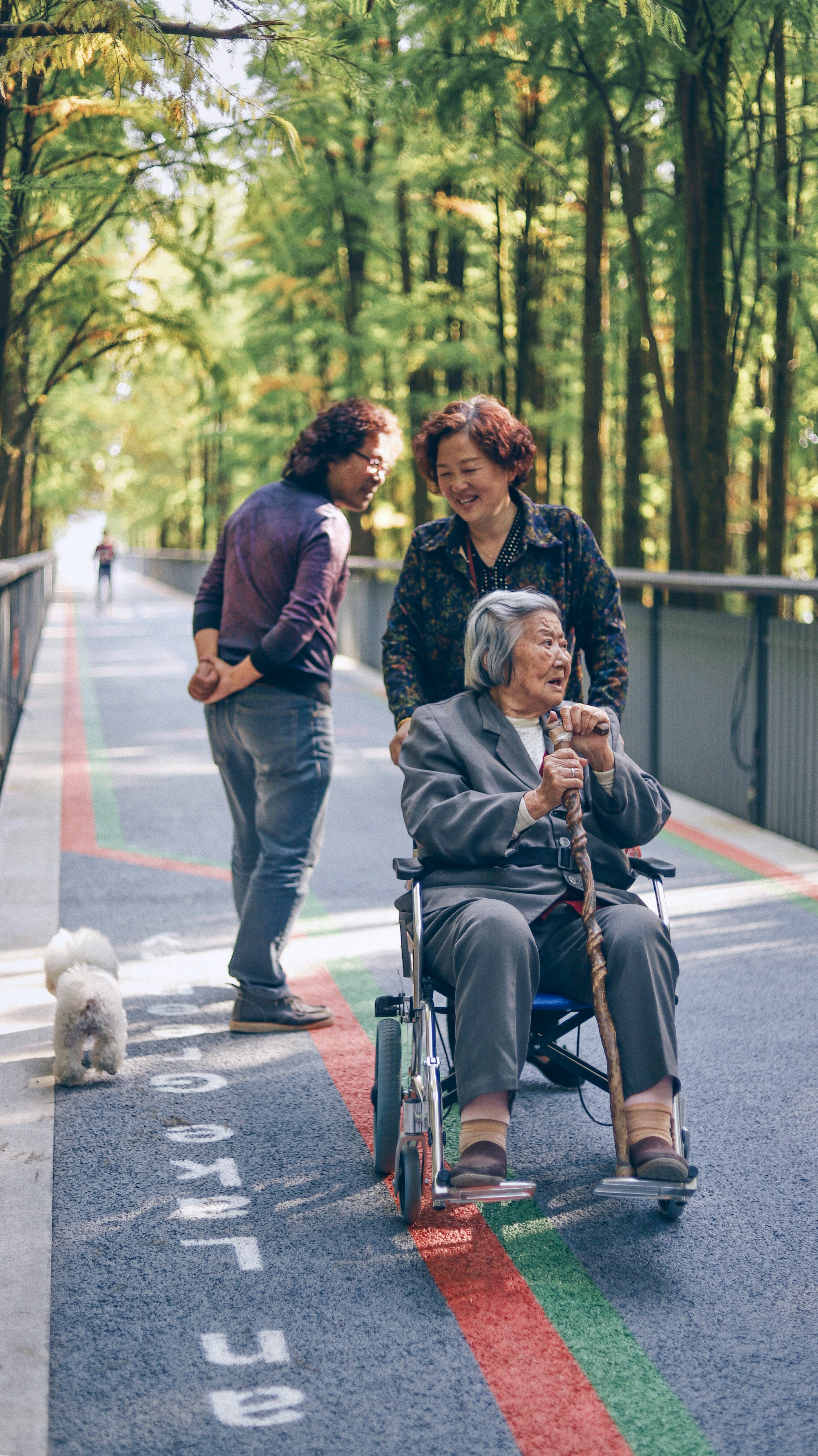Ageism and Ableism in Senior Living
Ageism and ableism result from a dominant but mistaken cultural understanding of aging as a singular process of disease and deterioration which are stigmatized in society. Professionals working directly with older adults are often trained in a biomedical model of aging that limits their potential to understand aging as a multi-directional process, including growth and maintenance as well as decline. This can make it hard to recognize that ageism is normed nearly to the point of invisibility. For instance, it can be perceived as just “the way things are done”, for example, segregating residents within senior living communities where there are multiple levels of care or only showing younger and more independent looking older adults in marketing materials.
Yet the research clearly shows that we are all harmed by ageism. For instance, holding a negative attitude about your own aging can shorten your life by up to 7.5 years, increase your risk for chronic disease, and reduce your ability to recover from a serious illness. Ageism in senior living settings has been shown to increase the dependency of residents and reduce their quality of life and the quality of their care. On the flip side, individuals with more positive attitudes about aging tend to live longer, recover from serious illness more completely, and they deal more easily with daily stressors compared with those whose attitudes toward aging are more negative.
For senior living providers, ageism also represents a critical workforce challenge by reducing job satisfaction and job retention among individuals working with older adults. Negative attitudes to aging also a contributing factor to burnout. Research has also shown that ageist attitudes are often unconsciously and unintentionally perpetuated even by those who choose to work with older adults. Finally, evidence is emerging that ageism has a calculable economic cost, as well as negative impacts on health. For all of these reasons, now is the time for senior living providers to confront ageism and ableism head on and to work towards a more age and ability inclusive way of serving older adults and those who care for and about them.

